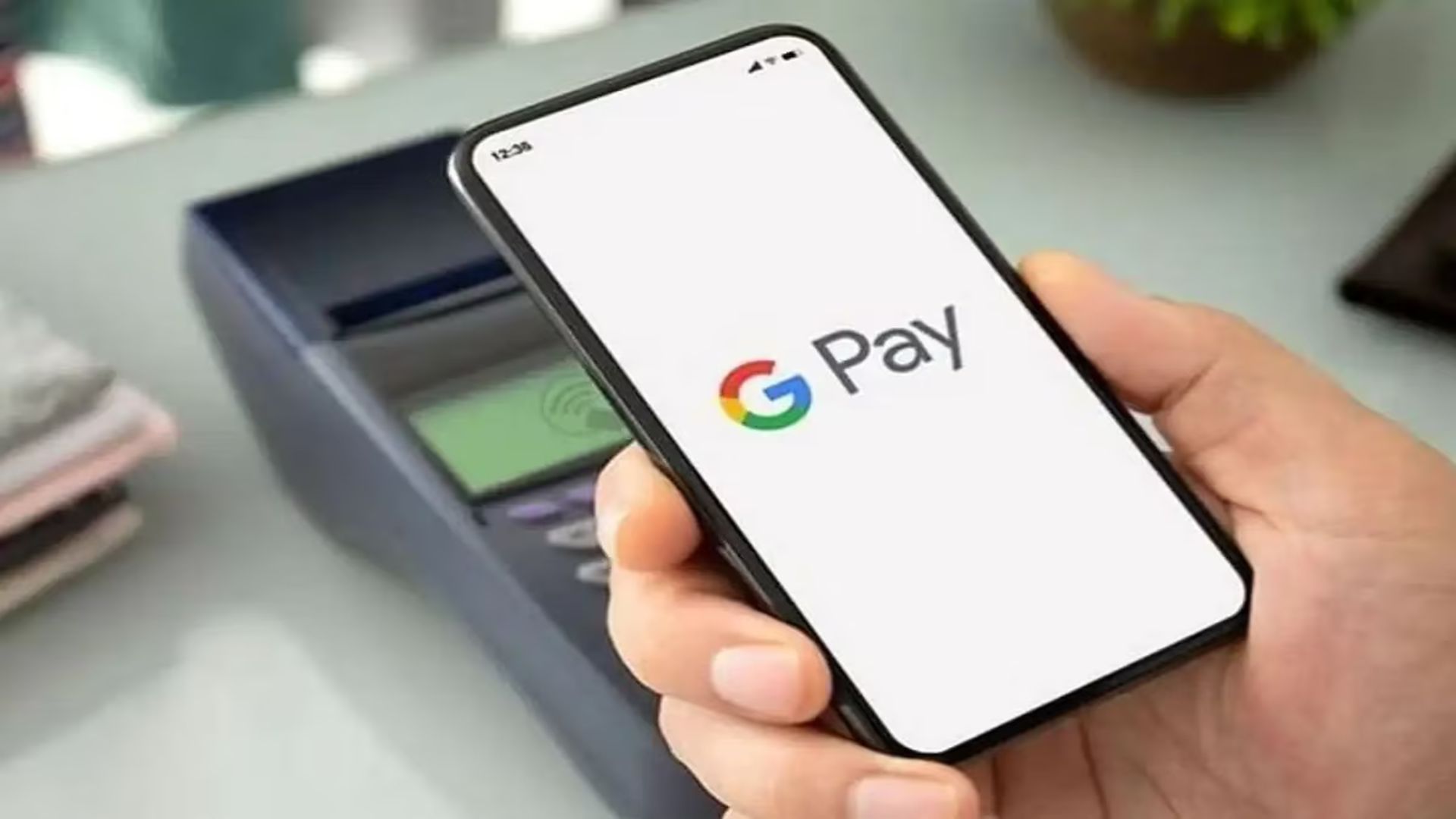
GPay Rolls Out Extra Fees for Some UPI Payments—Who Has to Pay and Who Doesn’t?
For some bill payments, Google Pay customers who have been taking advantage of free transactions on the platform will suddenly need to pay a convenience charge. In contrast to its prior practice of covering these expenses, the digital payments behemoth has now imposed fees for transactions done using credit and debit cards.
Together with the relevant GST, the recently added fees vary from 0.5% to 1% of the transaction amount. UPI payments made directly to bank accounts are still free, but consumers using credit or debit cards to pay for utilities like cooking gas and electricity will now incur fees.
This action comes after Google Pay implemented a similar measure more than a year ago, charging Rs 3 for cell recharges that exceeded a specific threshold.
According to the sources, a consumer recently discovered that a “convenience fee” of about Rs 15 had been deducted from their credit card payment for a power bill. This price was also identified as a “processing fee for debit and credit card transactions.”
According to a person with knowledge of the situation, “Google Pay’s decision to introduce platform fees for bill payments reflects a larger trend of fintech companies looking to offset the costs of payment processing,” sources were informed. “As UPI usage continues to surge, platforms are balancing growth with sustainable revenue streams.”
Biggest UPI Volume
Second only to Walmart-backed PhonePe, Google Pay handles about 37% of UPI transactions. The network processed Rs 8.26 lakh crore in UPI transactions in January 2025. Since many fintech businesses are passing on transaction costs to customers rather than carrying them internally, the introduction of platform fees is in line with industry trends.
The official Google Pay website states that these fees assist in defraying the costs of handling credit card payments. It’s still unknown, though, exactly when this expense shift started.
Similar actions have been taken by rival platforms. While Paytm charges a platform fee ranging from Rs 1 to Rs 40 for mobile recharges and utility bill payments using UPI, PhonePe charges a convenience fee for some bill payments done with credit or debit cards.
Even with UPI’s enormous popularity, fintech companies still struggle to make money directly from these transactions.



